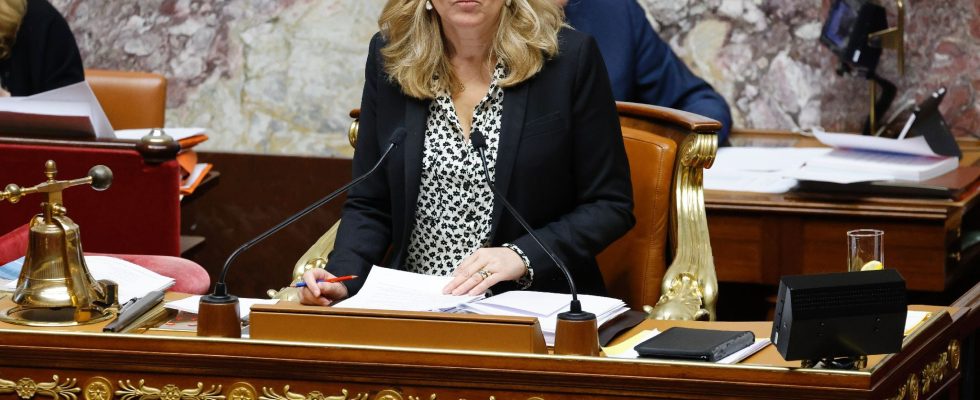The taxation of superprofits, like the reestablishment of the ISF, is part of the furniture which gives the French public debate its very particular charm. This taxation is currently demanded by the left and suggested by several eminent members of the majority, from Yaël Braun-Pivet to François Bayrou. In government, the Minister of Public Accounts Thomas Cazenave, who we know was better inspired, mentioned this idea. Even Prime Minister Gabriel Attal does not make it a taboo, in which he can be completely reassured since we talk about it constantly. And we feel that the right, always inclined to maintain this other French specificity, an anti-liberalism which is not left-wing, would easily allow itself to be seduced by the idea.
In our country where earning money necessarily hides a crime, we understand why this proposal is popular. This idea, which undoubtedly wins the support of many French people, is nevertheless bad for businesses and would not be profitable for the State. We can already notice that profits are heavily taxed in France. The corporate profits tax initially levies 25%. If these profits are distributed in the form of dividends, they are taxed a second time at 30%. This is the single flat-rate levy, or PFU, sometimes called flat tax. Profits distributed as dividends, super or not, are therefore taxed at more than 50%. Let us add that for certain companies, in energy for example, there already exists a tax on superprofits. But Thomas Cazenave declared that it did not bring in enough.
“Punishing” companies for profits allegedly stolen from the state
If I understand the terms of the debate correctly, it would therefore be a question of adding a third – or fourth, we are not sure – layer of taxation, in order to punish companies which receive super profits. I use the term “punish” because it would seem that this policy has a moral character, as if companies received undue profits, stolen from the State, which should be returned to it. But what is it actually about? It is true that in a competitive economy a company can earn unusually high profits for a year or two, depending on exceptional market circumstances. So, when the Covid 19 pandemic caused maritime transport prices to skyrocket, a group like that of the shipowner CMA CGM made a lot of money.
Simply, by construction, superprofits are not reproducible and the market circumstances which gave rise to them can be reversed, often suddenly. In other words, the superprofits of year N are the counterpart of superlosses of year N + 1. Without superprofits, companies that operate in unstable or cyclical markets, such as maritime freight, raw materials, Heavy industry or real estate development are threatened. Moreover, CMA CGM, to almost general indifference, recorded losses in the fourth quarter of 2023.
Levies much higher than aid
In the same fashionable crusade against the supply-side economy, the music is rising according to which financial aid to our businesses in the form of subsidies, investment support and tax credits would swallow up so much money that It would be necessary to reduce it in order to preserve our public finances. The specialist in this subject François Ecalle however showed that, for the 2022 fiscal year, aid to businesses amounted to 2.2% of GDP and levies on the latter to 12.5% of GDP. The difference between the two figures – “net” deductions – has not fallen for forty years and remains much higher in France than in Germany, Italy and Spain, our three main competitors in the euro zone.
The reality is that profits in France are hypertaxed, that super profits are very useful, and that business aid marginally relieves the tax and social burden which weighs on our productive system. The timid supply-side economy strategy implemented over the past seven years has made it possible to reduce unemployment, restore the attractiveness of our country and initiate a beginning of reindustrialization. Let’s not touch it!
*Nicolas Bouzou, economist and essayist, is director of the consulting firm Astères.
.
